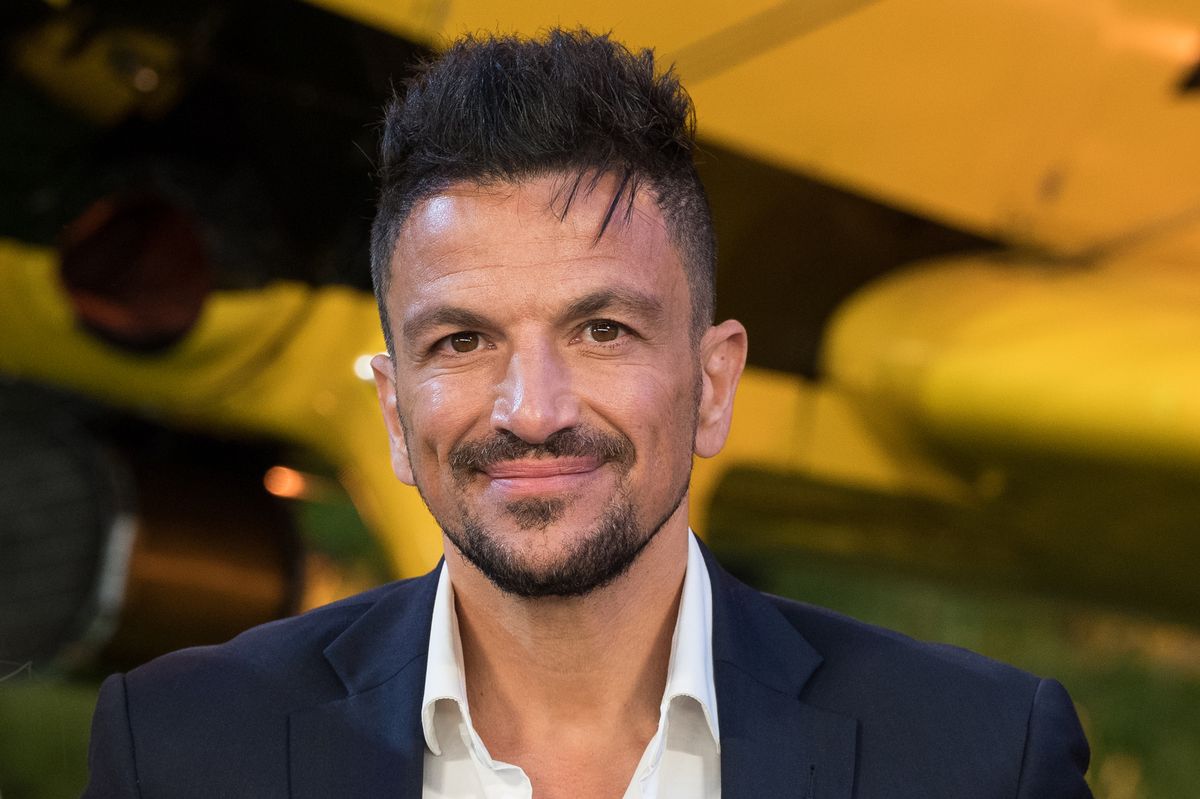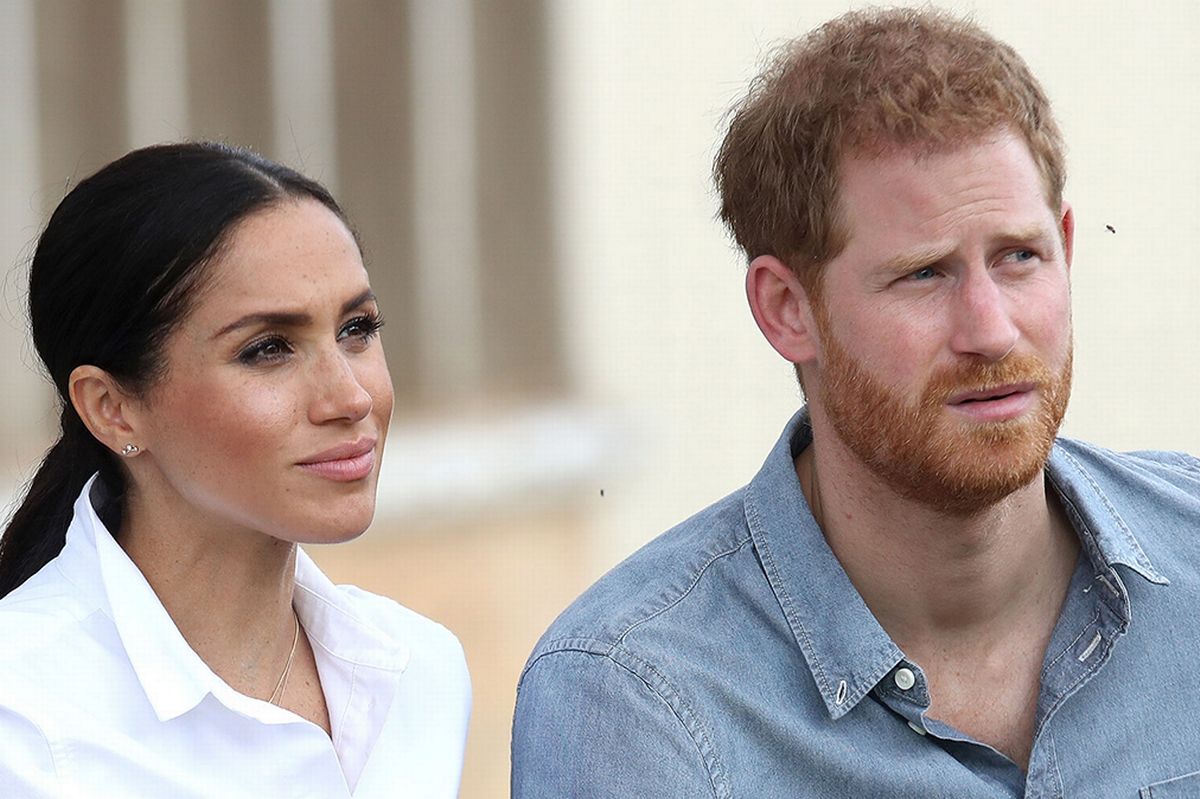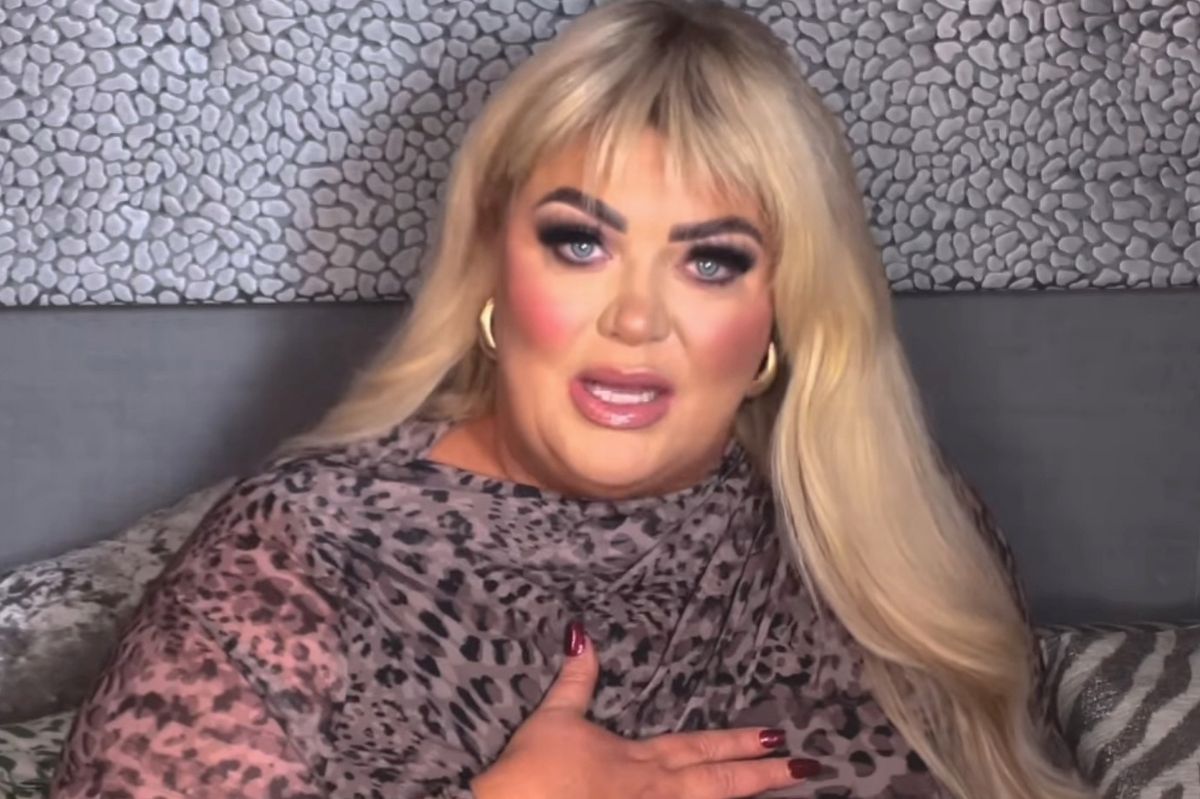- Comments
Eddie Howe was technically on safe ground as he rang the bell.
The Newcastle United head coach had just got the 2023 Great North Run under way to loud cheers in the heart of the city.
But he had not accounted for those Sunderland-supporting runners who were not so thrilled to see him as they whizzed past.
“The biggest stick I’ve ever had,” he said this week. “I got abused by 50% of the people there.”
This is not an inter-city rivalry. These North East neighbours have won only one major domestic trophy between them in the past 50 years, and Sunday’s game (14:00 GMT) marks the first time they will even meet in the Premier League for nearly a decade.
But few fixtures bring a region to a standstill quite like the Tyne-Wear derby as former Sunderland manager Peter Reid knows better than most.
“They’re football crackers,” he said. “Let’s just say there is a little bit more needle up there.”
Another Liverpudlian across the divide feels similarly before the game at the Stadium of Light.
Ryan Taylor, the last player to score a winning goal for Newcastle against Sunderland in the top flight back in 2011, likens the intensity of the rivalry to the Old Firm in Scotland.
“There is a hell of a lot more passion in this derby compared to the Manchester derby and, even the Merseyside derby,” the retired defender said. “There’s just raw emotion.”
Such fervour is one of the many reasons why the This is Wearside supporters group started planning their biggest ever flag display for the derby once Sunderland secured promotion via the play-offs in May.
Dedicated volunteers have been spending up to 12 hours a day preparing the mammoth operation in recent weeks.
That is how much this game means.
To play this video you need to enable JavaScript in your browser.
‘The two biggest games of the season’
Nikos Dabizas also knows what can happen when these worlds collide.
A huge framed photograph in the former Newcastle centre-back’s home serves as a daily reminder.
It captures the Greek wild-eyed, bare chested and surrounded by his elated team-mates, after scoring the winner in front of the away fans at the Stadium of Light in 2002.
This was a fixture that certainly left its mark on him.
“It’s the intensity of the fans,” he said. “It’s something that goes from generation to generation. This tradition makes this game so special.”
So what is at the root of the fierce rivalry between two one-club cities less than 15 miles apart?
Well, as far as Sunderland season ticket holder Stokell is concerned, it goes beyond football itself.
“You can go back to the English Civil War with Newcastle siding with the monarchy and Sunderland siding with the government,” he said. “It’s all political and economical.
“Newcastle get the funding, Newcastle have the big city, Newcastle are the ones people always talk about when it comes to the North East. Sunderland are always shadowed.”
But it is far from one-sided.
Taylor’s father Darren was even “mobbed” by joyous Newcastle supporters after his son scored a decisive free-kick in that 1-0 victory at the Stadium of Light in 2011.
That is how much it meant to Geordies.
“It took a little bit of time afterwards to realise the significance of it,” Taylor said.
“It made my life a lot easier. I was allowed to make the odd mistake when playing, purely because of that goal.
“I still go up to St James’ Park now and you’ve got dads telling their kids, ‘See this lad? He scored the winner against the Mackems’.”
A derby win can even further elevate the standing of an already popular figure.
Chris Hughton had not long delivered promotion back to the Premier League when he took charge of his first derby as Newcastle manager in 2010.
There may have only technically been three points at stake, but Hughton quickly recognised the “added responsibility” of this game because people in the North East “live for their football”.
He said: “There are some derbies where you are not quite sure why they are derbies. This one, you do.
“These are two huge clubs – not far away from each other – with their own identities.
‘The world will know the North East is back on the map’
Hughton need not have worried.
His side ended up hammering Sunderland 5-1 at St James’ Park in 2010, but Newcastle have only won a single derby in the Premier League since then.
In fact, Sunderland have triumphed in six of the last seven meetings in the top flight.
Former Black Cats manager Gus Poyet oversaw half of those victories, having swiftly realised that the fixture was “much bigger” than many outsiders thought.
“After family, the club is the most important thing to the people of Sunderland,” he said.
“It’s so intense that the result of the club can change the mood of the city so imagine the result of the derby? You can feel it.
“They told me on the first day. ‘Please stay up, but you must beat Newcastle’. I still don’t know if it was more important to stay up or to beat Newcastle.”
Sunderland, like Newcastle before them, eventually slipped through the relegation trapdoor in 2017, and spent eight years outside the top flight.
So a division separated these rivals when they last met in the FA Cup third round nearly two years ago.
And the contrast was stark.
The combined cost of Sunderland’s starting line-up that day was a mere fraction of the £40m Newcastle had spent on Joelinton.
Alex Pritchard, who joined on a free transfer, was the most experienced individual in the hosts’ starting line-up by a considerable distance. At just 30 years of age.
“I don’t think the fans really believed, deep down, that we were going to win that game,” the former midfielder said. “But now it’s different.”
In so many ways.
Dan Ballard and Trai Hume are likely to be the only survivors from that 3-0 defeat in Sunday’s XI following the inspired arrivals of, among others, Granit Xhaka, Enzo le Fee, Robin Roefs, Nordi Mukiele, Noah Sadiki and Omar Alderete.
Sunderland also have a different manager, of course, in Regis le Bris.
Not only has the Frenchman led Sunderland to promotion – his fearless side have gone toe-to-toe with some the best teams in the top flight.
In fact, Manchester City are the only team in the current top six to have defeated Sunderland this season, while Le Bris’ side are also unbeaten on home soil.
Such an impressive start to the campaign means Sunderland go into Sunday’s game a point clear of Newcastle in the table.
So it is all set up to be a gripping afternoon when these rivals renew hostilities at the Stadium of Light.
Related topics
- Sunderland
- Premier League
- Newcastle United
- Football
- 17 October




![A workshop at the University of Dublin welcoming the Palestinian students [Courtesy of Rawand Alagha]](https://i0.wp.com/www.aljazeera.com/wp-content/uploads/2025/12/rawand-photo-workshop-in-Dublin-1-1765692719.jpg?w=696&ssl=1)



